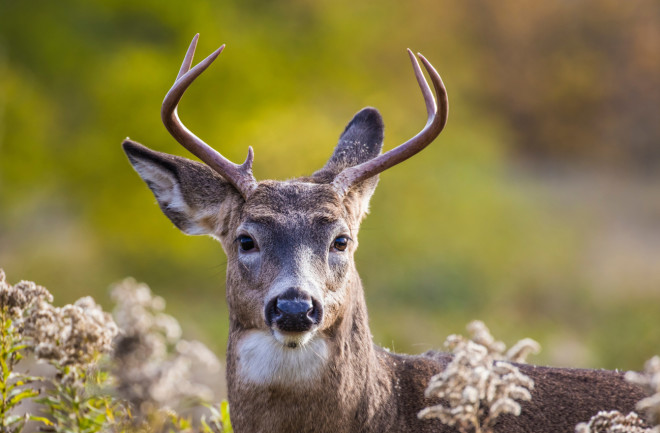To scientists' surprise, more than 80 percent of Iowa's wild and captive white-tailed deer population tested positive for SARS-CoV-2 (the virus that causes COVID-19 in humans) between late November 2020 and January of this year.
This revelation comes from a study posted to the pre-print server bioRxiv earlier this month. The percentage of positive samples increased throughout the course of the study, and one-third of the 283 samples ultimately tested positive.
“Our studies show that while we were distracted with the pandemic in human populations during the winter months of 2020 and 2021, an outbreak of SARS-CoV-2 was silently spreading amongst the deer herd quite unbeknownst to us,” says Suresh Kuchipudi, a co-author of the article and a clinical professor of veterinary and biomedical sciences at Pennsylvania State University.
The authors note that the white-tailed deer, who is instantly recognizable to fans of Disney's Bambi, is the country's most popular wild deer species: Around 25 million call the U.S. home. The discovery that a significant portion of this population is also vulnerable to SARS-CoV-2 now raises questions about the potential for an evolved version of the coronavirus to jump back into humans — which increases the likelihood that COVID-19 won't be wiped out completely and could instead become endemic, or a regular occurrence like the cold and flu.

